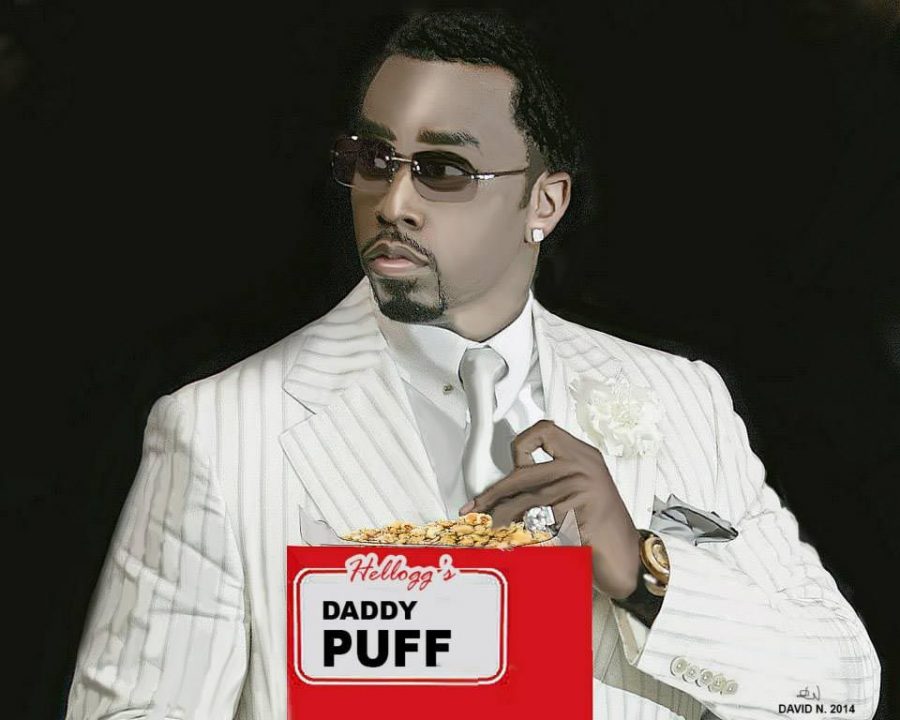Celebrities are not political figures
October 16, 2020
Dating back to the 1820s, readers in Europe and the United States found themselves engulfed in the lives of people they did not know. These historical heroes, saints, and contemporary personalities took the world by storm. Unlike the 21st century, the way society kept up with these “celebrities” were through biographies. Noted by Lucy Raill in her article “Garibaldi: The First Celebrity” one of the most popular genres of the 19th century, people’s interest in the lives of Great Men satisfied the broadening availability of books, magazines, and other sources of media. By the mid-19th century, the cult of personality had emerged and attached itself to the world. As celebrity history is long, complicated, and has yet to be written, many people do not know what a celebrity is.
In its simplest “definition”, a celebrity is simply a famous or well-known person. Fame being a pretty subjective term, being a celebrity is pretty straightforward. One could be a neighborhood celebrity just because everyone knows them in the neighborhood, or a globally known celebrity such as Michael Jackson. Given the constant confusion on what a celebrity is and who exactly classifies as one, the way we acknowledge who is a celebrity versus who is not is mass media. If the media is interested in what you are doing and are given constant attention or public recognition, you could be a celebrity. Most of the time, celebrities are some type of entertainer. Whether they are actors or musicians, when the media gallivants around someone, it is usually because they are doing something worth mentioning. Often, especially in the era where rapper baby mamas are considered celebrities, the media can cover these personalities for doing something as simple as shopping. Catching a famous person merely shopping in Target can turn into a “they are just like us” think piece in a matter of seconds. Despite my personal feelings on the uselessness of media coverage over celebrities, I have noticed something quite unsettling; people consider celebrities to be political figures.
In the current political state, where the United States president is a former reality star with multiple sexual assault and harassment allegations, it is not surprising that most people’s idea of a political figure is misconstrued. So, to set the record straight, a political figure is active in politics and has a career in it. Usually, they either hold a political position or are interested in running for an elected position. Essentially, they are politicians, which is starkly different from a celebrity. For example, amid a global pandemic where we observe countless demonstrations of civil unrest internationally, why is the general public asking what Beyonce has to say about the Special Anti-Robbery Squads (SARS)? Who cares? Despite being a celebrity and entertainer, Beyonce does have a history of using her platform to speak out against racial injustice; it is not and never has been her job to speak out against international injustice. That is like asking a professional basketball player how he feels about the defunding of public education. Is it a problem? Yes. Does it affect millions of people? Yes. But, would you not prefer the head of the education department to speak out on that versus Draymond Green? Of course you would, because that is their job!
Many celebrities have used their platforms to speak out against injustice and raise awareness of issues going on in the world they are passionate about. We appreciate them immensely for it. Taking the testimonies of average people experiencing injustices like police brutality and reposting it for millions of people to see has been a great way that celebrities have utilized their platforms. However, reposting videos showing accounts of police brutality and other injustices and posting an actual statement is very different. People repost things all the time. Retweeting a video or post takes all of two seconds. Most of the time, people will retweet and repost things without even thoroughly reading the content; celebrities are no different. Politicians, on the other hand, do not have that luxury. Whenever they speak on any public platform, whether it is a newspaper, Twitter, or television, it is a public declaration of what they stand for or against. Moreover, as political figures, they are usually representing their constituency, meaning whatever they chose to stand for or against directly relates to what their constituents want and their party affiliations.
Overall, when dealing with celebrities and their influence, it is vital to always keep in mind their jobs. As an entertainer, their job is to entertain, not take stances on political topics that they know nothing about, and as a listener, you honestly shouldn’t want them to. I am just saying; I would much rather prefer Diddy to continue to produce music rather than start a political party that no one asked for.







